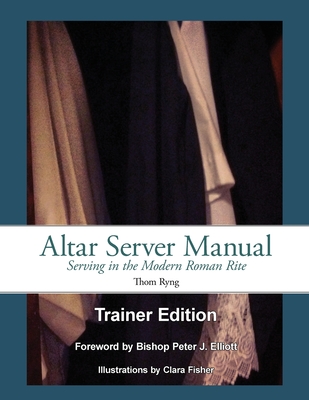
Grudem, Wayne A.
product information
description
ology is required reading in many courses on biblical theology--and with good reason. The textbook's emphasis on the scriptural basis for each doctrine, along with its clear writing, and contemporary approach make it an indispensable resource for many Christians.
This series presents, as a separate book, each of the seven main parts that make up the 1,600-page Systematic Theology, making it more portable, affordable, and less daunting.
Part 1--Making Sense of the Bible--will introduce you to important topics, including:
- Canon of Scripture: the list of all books that belong in the Bible.
- Authority of Scripture: all words in Scripture are God's words because that is what the Bible claims for itself.
- Clarity of Scripture: the Bible is written so that its teachings are able to be understood by all who read it.
- Necessity of Scripture: the Bible is necessary for knowledge of the gospel.
- Sufficiency of Scripture: Scripture contains all the words of God he intended his people to have.
Written in a friendly tone, appealing to the emotions and the spirit as well as the intellect, Making Sense of the Bible helps readers overcome wrong ideas, make better decisions on new questions, and grow as Christians.
member goods
No member items were found under this heading.
Return Policy
All sales are final
Shipping
No special shipping considerations available.
Shipping fees determined at checkout.







